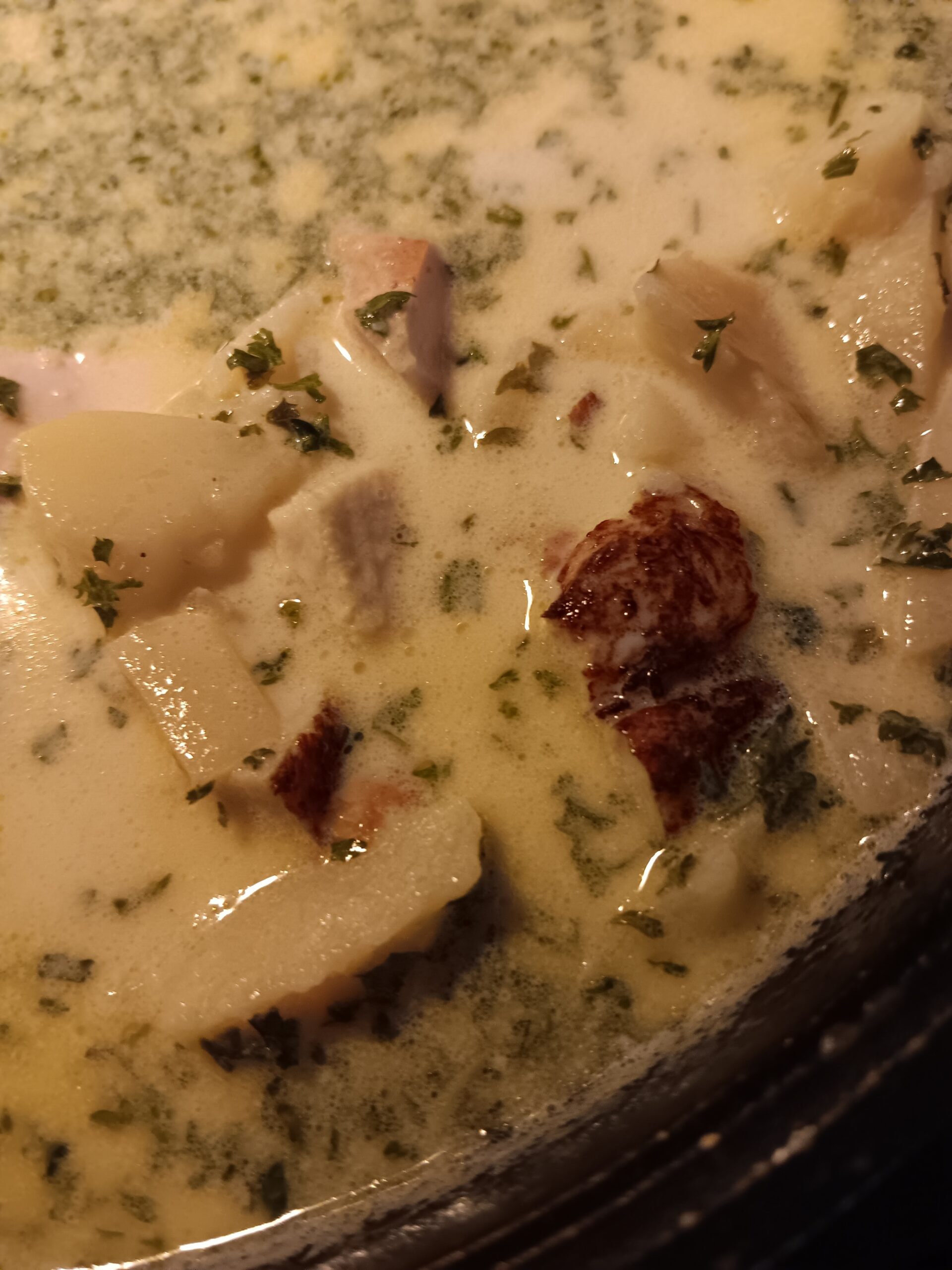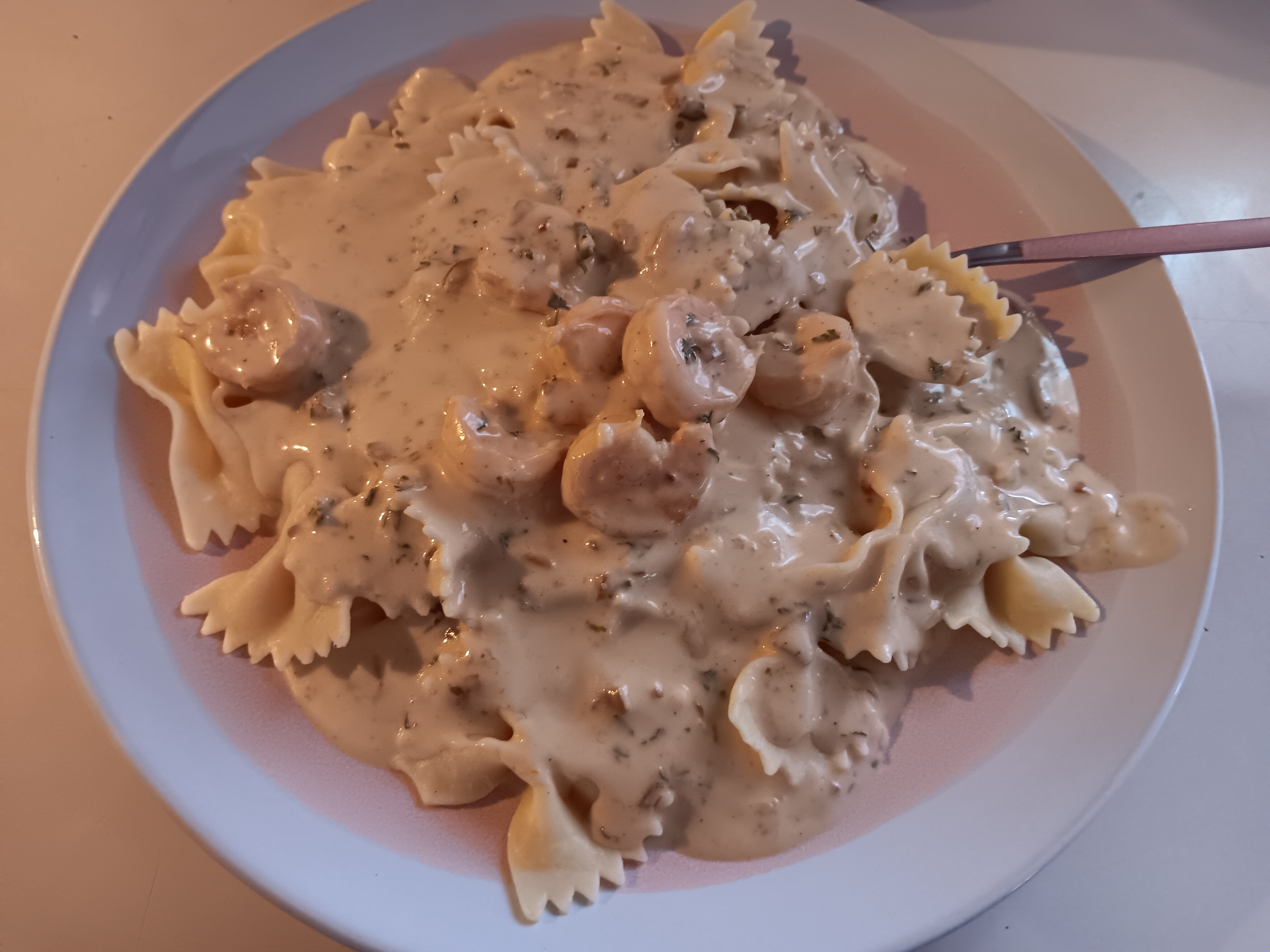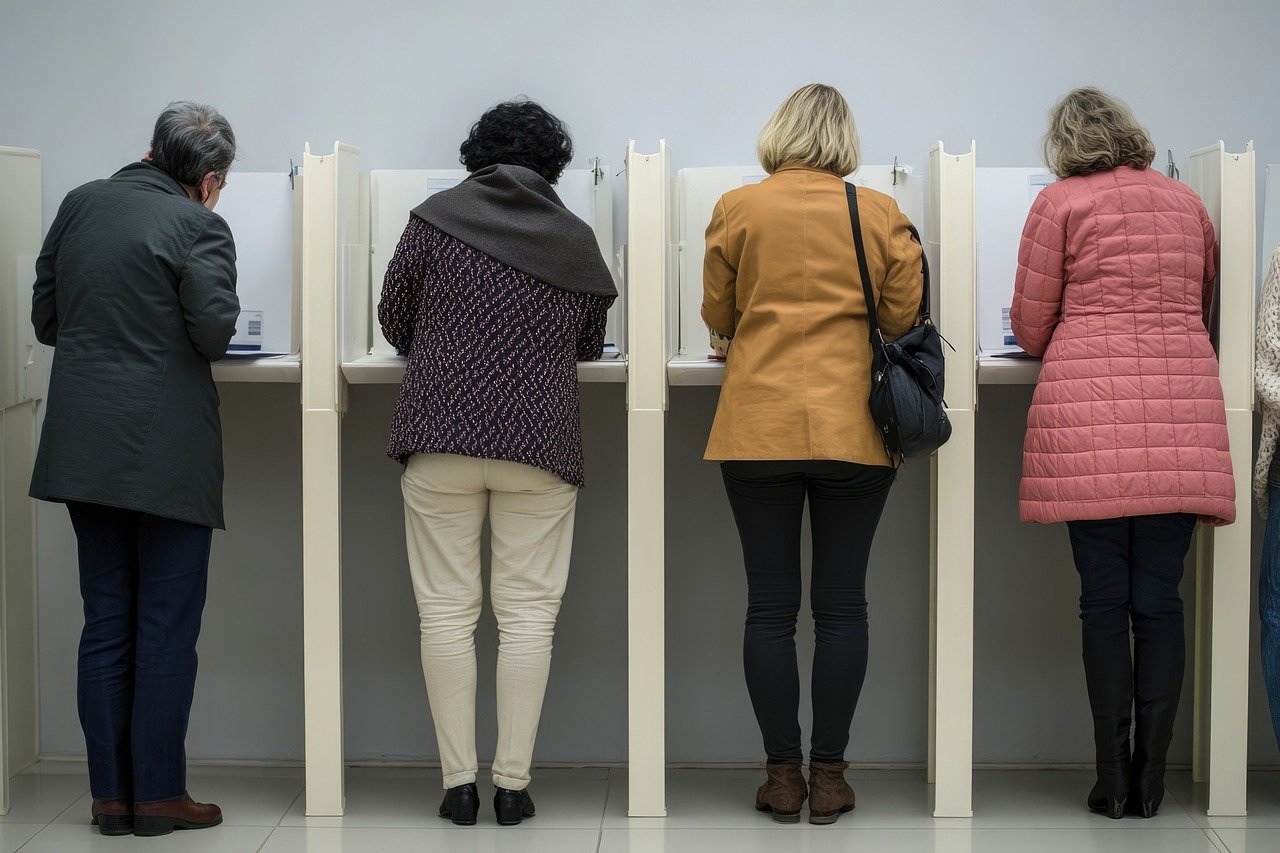Living with PTSD is no easy task. From a young age, I always felt different. My mind was a whirlwind of thoughts and emotions, and I struggled with mental health issues long before I even understood what they were.
My mother had a penchant for bad boys, which ultimately led her to marry a man who was a diagnosed psychopath—my father. Growing up in such a tumultuous environment set the stage for a life filled with challenges, shaping my understanding of love, trust, and self-worth.
I have also had some other similar experiences in life up until about the age of 19. So with the molestation from my father, two other rapes I faced at age 15 and 16. Then at the age of 19 years old, my step sister and I were both gang raped by a whole group of gang members in Fort Worth, Texas.

Living with PTSD in the Modern World
Living with PTSD in today’s fast-paced society can feel incredibly isolating and overwhelming. The complexities of my life experiences have shaped my mental health, leading to a cocktail of conditions including PTSD ( post-traumatic stress disorder ), obsessive-compulsive disorder (OCD), anxiety, manic bipolar disorder, and borderline personality disorder. This blog post is my personal account of how I navigate life with these challenges, in the hopes that it resonates with others who may be facing similar struggles.
The Impact of Childhood Trauma
My journey into the depths of mental health issues began with traumatic experiences during my formative years. Growing up in an environment where abuse was a daily occurrence took a toll on my mental well-being. As the oldest child, I often took on the role of protector, absorbing most of the punishments to shield my younger siblings from harm. This ingrained sense of responsibility came at a cost to my own mental health.
My mother’s obsession with keeping men happy often left our emotional needs neglected. We were taught to suppress our feelings and be quiet, reinforcing a culture of silence that permeated our household. All of this created a chaotic environment where my mind was constantly racing, struggling to process the trauma while also managing the emerging mental health issues.
The Struggle for Help
From ages 13 to 15, I found myself frequently in and out of mental hospitals, desperately seeking help. Unfortunately, the treatment I received often felt inadequate; I was prescribed legal drugs that left me feeling more like a zombie than a person seeking healing. The cycle of medication without meaningful therapy felt like a never-ending battle, leaving me frustrated and hopeless.
During this tumultuous time, I turned to cannabis as a coping mechanism. It became my best friend, providing temporary relief from the relentless chatter in my mind. While it helped me feel a semblance of normalcy, I knew deep down that I was far from the “normal” that society expected.
Navigating Life and Living with PTSD
Living in a world that often demands conformity can be challenging for someone like me, whose mind never truly rests. My thoughts race incessantly, cycling through worries and “what ifs” for hours on end. On good days, I manage to find a sense of calm, but other days, the weight of my past and my mental health issues can feel suffocating.
Despite these challenges, I strive to create a life that allows me to survive and thrive. Here are a few strategies that have helped me navigate my experiences:
- Mindfulness and Grounding Techniques: Practicing mindfulness has become essential in managing my anxiety. Techniques such as deep breathing and grounding exercises help me stay present when my thoughts begin to spiral.
- Building a Support Network: Surrounding myself with understanding and empathetic individuals has been crucial. Sharing my experiences with trusted friends and family has provided me with a sense of connection and validation.
- Creative Outlets: Writing has served as a powerful tool for processing my emotions and experiences. Whether through journaling or blogging, expressing myself creatively allows me to release pent-up feelings.
- Seeking Professional Help: While my earlier experiences with mental health care were frustrating, I’ve found that seeking help from therapists who specialize in trauma and PTSD has been life-changing. Therapy provides a safe space to explore my feelings and develop coping strategies.
Finding Strength in Vulnerability
Living with PTSD is not just about surviving; it’s about finding strength in vulnerability. Sharing my story may help others feel less alone in their struggles. It’s important to recognize that mental health issues do not define us; they are part of our journey, and acknowledging them is a step toward healing.
In this modern world, where mental health challenges are often stigmatized or misunderstood, my hope is to foster awareness and compassion. If you are struggling with PTSD or other mental health issues, remember that you are not alone, and seeking help is a sign of strength.
If you resonate with my story or have your own experiences to share, please feel free to leave a comment. Together, we can create a supportive community where our voices are heard and our stories matter.



















